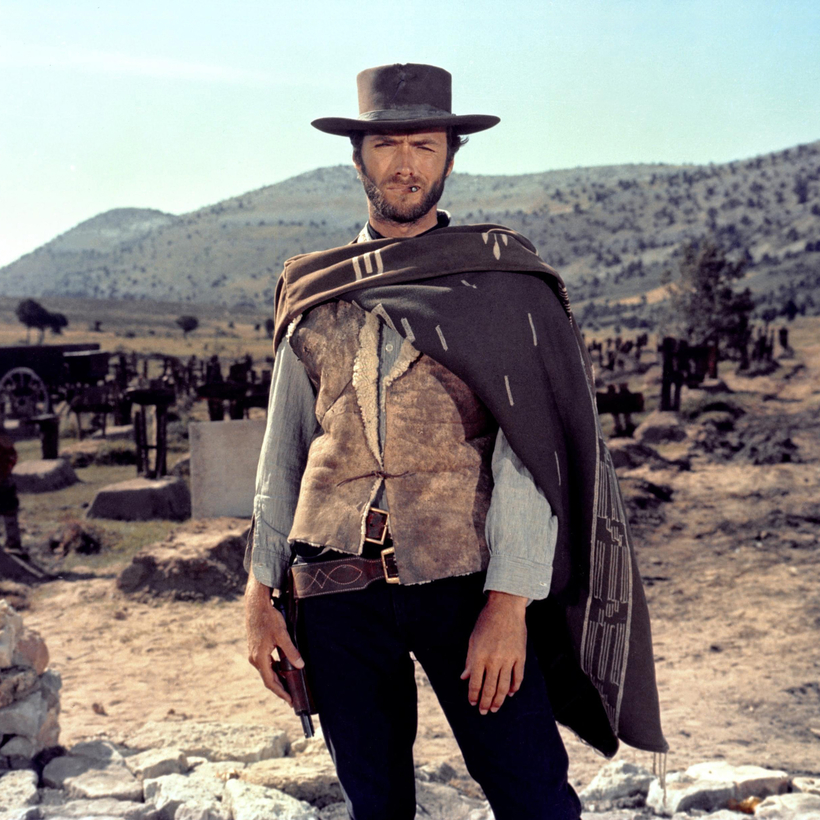Given that I’ve been aware of him for 50-ish years and followed him professionally for more than half that time, the thing I found most surprising while chronicling the life of Clint Eastwood was how often I found myself surprised.
Going into the project, I thought I knew who and what he was. Turned out, most of what I believed was either wrong or only partly true, or counterbalanced by something about him I didn’t know. As impressive as his longevity is his capacity to contain contradictions.

